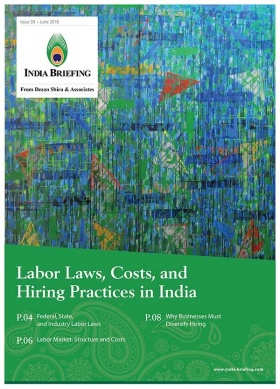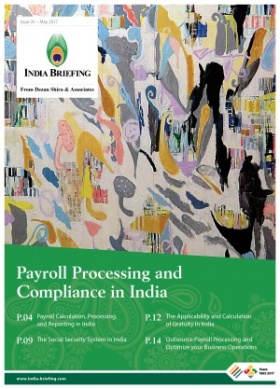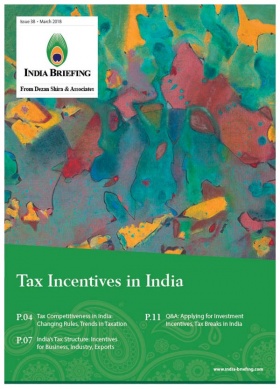No Government Approval Needed to Pay Top Managers in India: MCA
India’s Ministry of Corporate Affairs (MCA) last week announced that listed public companies will no longer require government approval to decide remuneration for their top executives, in excess of 11 percent of the net profit of the company.
The Companies Act, 2013 (Companies Act) of India, places certain limits on the salaries paid to top managers of public companies. The limits are calculated against the company’s net profit.
For non-executive directors, the cap is one percent which can go up to three percent subject to certain conditions. For whole time directors and managing directors, the total pay can only be up to 10 percent – making the total remuneration limit 11 percent.
Prior to amendments, companies paying salaries to their executives in excess of the prescribed limit were required to seek government approval. From now on, public companies will only need sanction from its shareholders, by way of a special resolution, to settle the payments made to executives.
Special resolutions require favorable votes not less than three times those voting against the proposal.
However, if a company has previously defaulted on its dues to any bank, financial institution or non-convertible debenture holders, it will have to get the authorization of the concerned lender before placing the remuneration proposal to the shareholders.
The provision was introduced in the Companies Act, through an amendment last year but was notified only last week.
Businesses, however, must take note that the changes are only applicable to public companies.
The Companies Act defines a public company as the one that requires a minimum paid up capital of Rs 500, 000 (US$ 6,904.6) and has the right to transfer shares of the company. Public companies typically have over 200 employees and are required to follow strict corporate governance rules in India.
Other provisions
Relevant changes have also been made to Schedule V of the Act. The companies that are in loss or have inadequate profits must adhere only to these changes and need not take the federal government’s approval to pay their top managers.
Further, the revised Schedule V requires companies to file MR-2 e-form only for appointment of managerial personnel. Previously, companies were required to submit the form to the government for both – appointment and remuneration of managerial personnel.
The amendments given effect now are a part of the government’s efforts to improve corporate affairs in the country. So far, the Indian government has done away with several unnecessary approvals for companies and taken steps to enhance transparency and investor protections.
At the same time, the government is also working to tighten norms for shell companies that are suspected of being conduits for illicit fund flows in India.
About Us
India Briefing is produced by Dezan Shira & Associates. The firm assists foreign investors throughout Asia and maintains offices in China, Hong Kong, Indonesia, Singapore, Vietnam, and Russia.
Please contact india@dezshira.com or visit our website at www.dezshira.com.
- Previous Article Delhi’s Minimum Wage Law: What Employers Need to Know
- Next Article Section 377: LGBT Rights and HR Policy in the Indian Workplace











